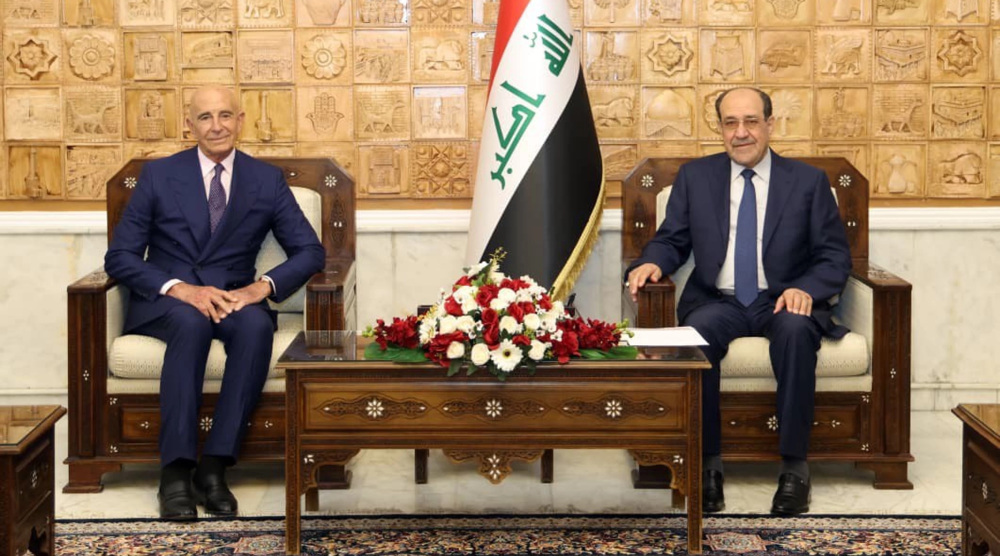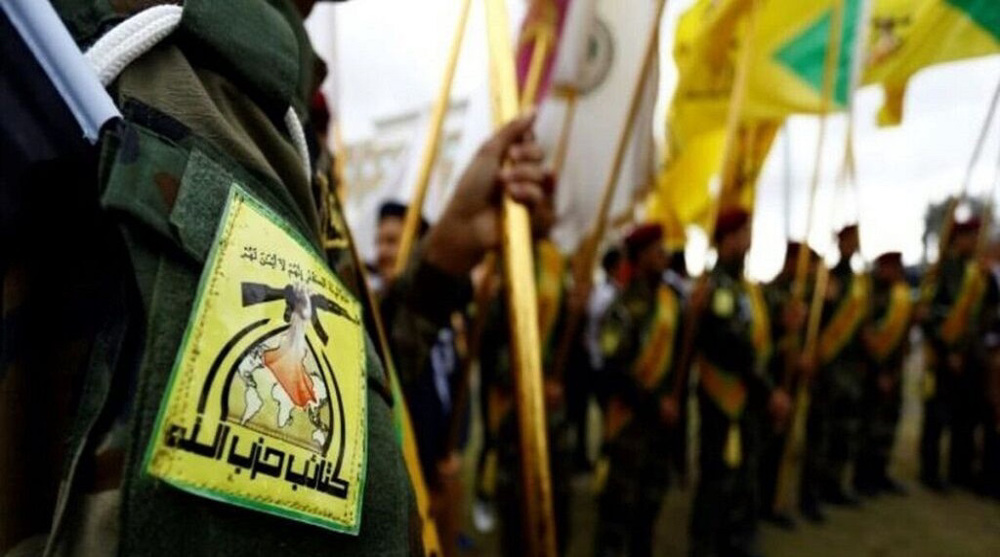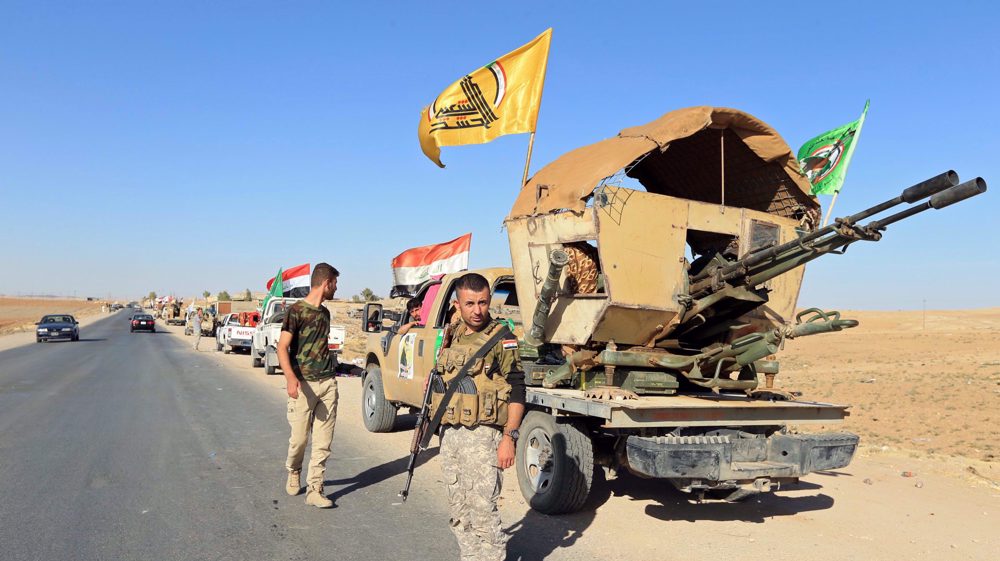President Salih: Reforms in Iraq natl. decision, won’t be influenced by foreign diktats
Iraqi President Barham Salih says reforms that the government of embattled Prime Minister Adel Abdul Mahdi has pledged to implement in the wake of anti-government protests are a domestic Iraqi issue par excellence and will not be influenced by foreign diktats.
Salih, in a statement released on Tuesday, announced that the expected reforms in Iraq are merely an Iraqi decision and will be implemented in response to the national will of the Iraqi people, and will be untouched by outside influences.
The statement added that the Iraqi president opposes any foreign interference in Iraq’s internal affairs, and will not accept it.
رئاسة الجمهورية: الإصلاح المنشود قرار عراقي بامتياز-https://t.co/q37gNAtE09رئاسة_الجمهورية:_الإصلاح_المنشود_قرار_عراقي_بامتياز
— واع (@INA__NEWS) November 12, 2019
It further noted that Iraqi people make decisions within the framework of the constitution and based on national interests and respect for the will of the supreme religious authority.
The statement comes as influential Iraqi Shia cleric Muqtada al-Sadr has lashed out at the United States for its interference in Iraq's internal affairs, threatening to take millions of demonstrators to streets if Washington keeps meddling in the Arab country.
In a statement on Monday, al-Sadr said that the Iraqi people want an early election free from the US intervention, as the country does not need arrogant countries and the the help of others.
"Once again it (America) proved that it interferes in the affairs of others," he said, noting that Iraq belongs to the people of Iraq who can decide their fate democratically and peacefully.
He added that Iraq does not want any interference from either the US or any other country, especially if they are going to bring corrupt officials and their authority "on the necks of the people."
The United States on Sunday urged the Iraqi government to hold early elections and carry out electoral reforms.
The White House, in a statement, called on “the the Iraqi government to halt the violence against protesters and fulfill President Salih's promise to pass electoral reforms and hold early elections.”
Also on Tuesday, demonstrators clashed in the center of the capital Baghdad with security forces, who used stun grenades and tear gas canisters to disperse protests.
Many schools stayed closed as teachers and students went on strike across much of the southern part of the country.
Protesters in Iraq have directed their rage at a class of elite leaders, whom they accuse of pillaging the oil-rich country's wealth while the population grows poorer.
The protests, which began more than a month ago, have often turned violent, with security forces opening fire and protesters torching government buildings.
Bassil al-Qazmi, a Baghdad-based writer and political analyst, told al-Jazeera television news network on Monday that Washington must be held accountable for bringing people who are "not sufficient to rule" to the table.
“When the US came with this constitution and political system [in 2003], they thought Iraqi politicians would only follow and be loyal to Washington,” he said.
Abdul Mahdi has vowed that the government and judiciary would continue to investigate the deaths of the protesters, and that all demonstrators who have been arrested in the past several weeks would be released.
According to President Salih, the 77-year old prime minister is willing to resign if parties agree on a replacement.
Earlier this week, Abdul Mahdi said new electoral reforms would be announced in the “coming few days.”
Another girls’ school targeted in US-Israeli attacks on Iran
IRGC says dismantled US radar in Qatar, attacked destroyer in Indian Ocean
Modi's Israel visit shows morality no longer guides India's foreign policy: Journalist
Iran to hold massive public funeral for 'Martyr Leader' Imam Khamenei
FM Araghchi: Trump betrayed diplomacy, Americans by attacking Iran
CIA turns to Kurdish militants to destabilize Iran after war failures: Report
Iran won’t remain silent in face of aggression: Envoy
Tehran warns EU against ‘Nazi mindsets,’ slams German backing of Israeli-US aggression





















 This makes it easy to access the Press TV website
This makes it easy to access the Press TV website